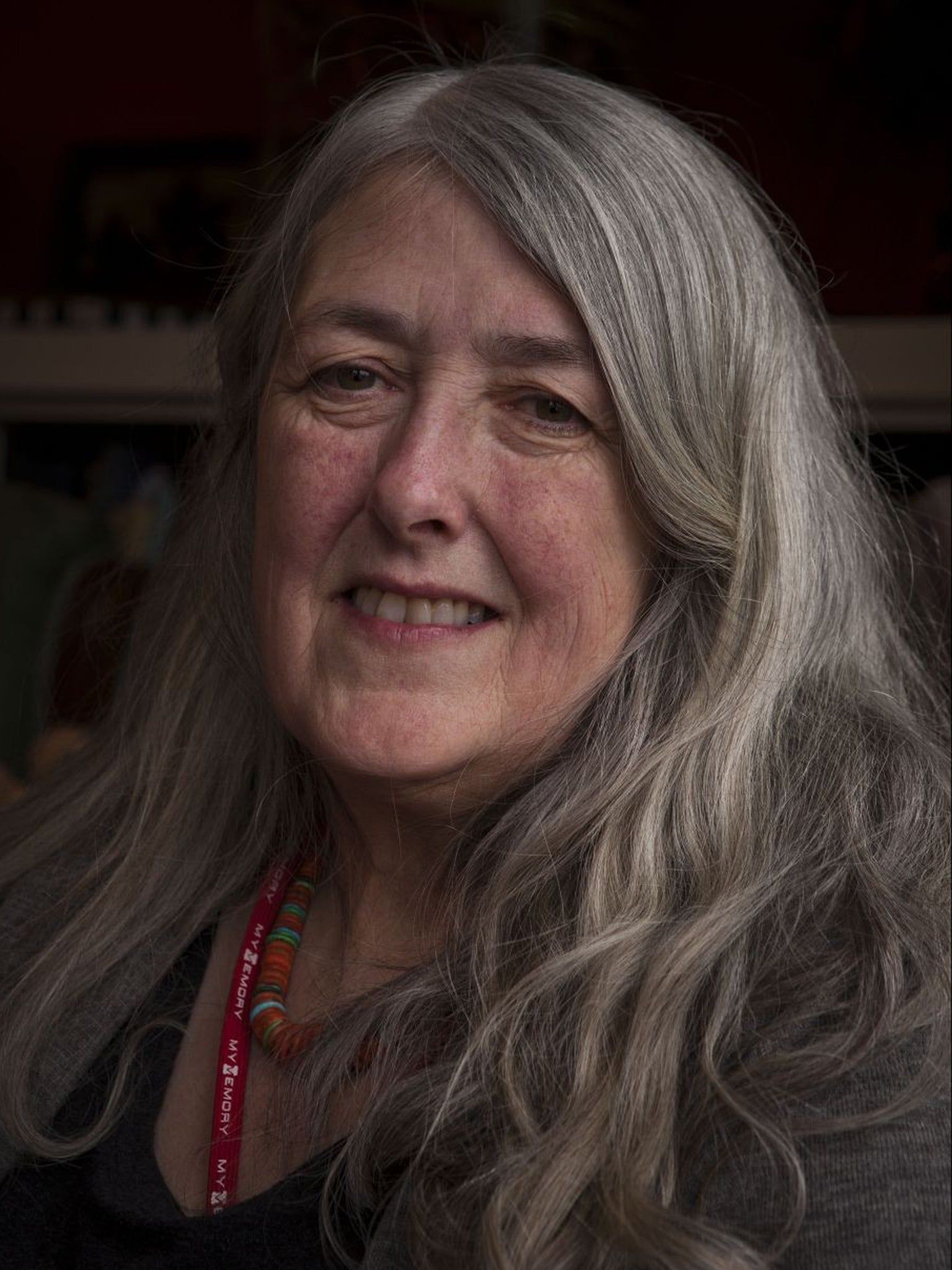Mary Beard named as Royal Academy of Arts professor of ancient literature

Mary Beard is to follow in the steps of luminaries such as Samuel Johnson after the Royal Academy of Arts named her as its new professor of ancient literature.
While the title is largely honorific, the professor’s role will be to promote ancient history at the RA and among the academicians. She hopes to start with artists Tracey Emin and Grayson Perry.
“The duties are miniscule in formal terms, and the rewards are social. But I’m hoping there’ll be ways of using this to get a bit more classical things signalled through art or in the Academy,” Prof Beard said before adding: “It will be a pleasure occasionally to put a classical thorn in the side”
Prof Beard, who is professor of classics at the University of Cambridge and who has written and presented several popular BBC Two documentaries on Roman history, takes over from Eric Handley, who died earlier this year.
She said: “I’m extremely pleased because this job has a lovely history to it and it also gives a signal that ancient literature and the ancient world is still important in modern art practice.”
She added that standing up for the classical “doesn’t mean I’m going to be boringly dull and conservative. It’s not just columns”.
The position of ancient literature professor was instituted in 1770, shortly after the founding of the Royal Academy itself, with Johnson the first in the post.
In the past the professor would have helped students of the field and selected translations of the classics for the RA’s library.
“There’s an extraordinary myth about modern art practice, which is it has rejected the classical world,” Prof Beard said. “That’s clearly bonkers. Enormous amounts of formative 20th century art and beginnings of modern art are deeply rooted in the classics.” She added: “Let’s get Tracey doing it. Let’s get Grayson.”
The Bronze exhibition at the RA last year was “a great example about how you can integrate classical work with a much broader sweep of art history and art practice.”
The work of art Prof Beard would particularly like to be re-imagined by a contemporary artist is the statue of Laocoon and His Sons in the Vatican Museums in Rome.
“People have always rediscovered the ancient world, but now people are more confident about saying it has radical implications and exciting implications and you can enjoy it,” Prof Beard said.
Join our commenting forum
Join thought-provoking conversations, follow other Independent readers and see their replies
Comments
Bookmark popover
Removed from bookmarks